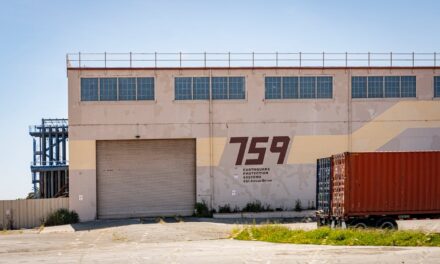Middletown Township, nestled in Monmouth County, New Jersey, is one of the oldest and longest-standing European settlements in the state.
Its rich history is punctuated by unique events, remarkable figures, and a continuous evolution that mirrors the broader American narrative.
Table of Contents
Indigenous Beginnings
The Lenape People
Before European settlers arrived, the Lenape people inhabited the area now known as Middletown Township.
The Lenape, also known as the Delaware Indians, lived in harmony with the land, skillfully utilizing its abundant resources for agriculture, hunting, and fishing.
European Settlement
Dutch and English Colonization
European colonization began in the early 17th century.
The Dutch initially explored the area, followed by the English, who established permanent settlements. The fertile land and strategic location attracted settlers seeking new opportunities.
Founding of Middletown
Middletown Township was officially established in 1664.
It was one of the first settlements of New Jersey, with early settlers primarily of English descent. The town’s name, Middletown, is a testament to its strategic location as a central point between the colonies of New York and Philadelphia.
Colonial Era and Revolutionary War
Agricultural Hub
During the colonial era, Middletown developed into a thriving agricultural community.
Farmers cultivated crops like corn, wheat, and vegetables, which were essential to the local economy and trade.
Revolutionary War Significance
Middletown played a crucial role during the American Revolutionary War.
Its strategic location near major cities made it a site of numerous skirmishes and military activities. Local militias supported the Patriot cause, contributing to the fight for independence.
19th Century Development
Industrial Growth
The 19th century brought industrial growth and modernization.
The construction of railroads and improved transportation networks facilitated commerce and industry. Middletown’s economy diversified with the establishment of mills, factories, and businesses.
Education and Infrastructure
Significant developments in education and infrastructure occurred during this period.
The establishment of schools, churches, and public institutions reflected the community’s commitment to progress and development.
The 20th Century: Suburbanization and Modernization
Post-War Expansion
The post-World War II time marked a time of rapid suburbanization.
Returning veterans and their families moved to Middletown, attracted by its suburban lifestyle and proximity to major employment centers. Housing developments and infrastructure projects transformed the township.
Cultural and Recreational Growth
Middletown expanded its cultural and recreational offerings.
The development of parks, libraries, and community centers enhanced the quality of life for residents. Annual events and festivals fostered a strong sense of community.
Fun Things to Do in Middletown Township
Recreational Activities
- Thompson Park: Offers hiking, fishing, and picnicking in a beautiful natural setting.
- Hartshorne Woods Park: Provides opportunities for hiking, mountain biking, and scenic views of the Navesink River.
Cultural Attractions
- Middletown Arts Center: Hosts art exhibitions, performances, and educational programs.
- Poricy Park: Features historical sites, nature trails, and educational programs focused on local history and ecology.
Q&A: Understanding Middletown Township’s Legacy
Q: What role did Middletown play in the Revolutionary War?
A: Middletown’s strategic location made it a site of numerous skirmishes and military activities, with local militias supporting the Patriot cause.
Q: How did suburbanization impact Middletown post-World War II?
A: Suburbanization led to rapid population growth, housing developments, and infrastructure projects, transforming Middletown into a thriving suburban community.
Q: What cultural and recreational facilities are available in Middletown?
A: Middletown offers parks, arts centers, and historical sites that enhance the community’s cultural and recreational offerings.
Q: How has Middletown’s economy evolved over the centuries?
A: Middletown’s economy has evolved from agriculture to industrial growth and diversification, with modern suburban development contributing to its economic stability.
Q: What future developments are planned for Middletown?
A: Future plans include continued community development, infrastructure improvements, and the expansion of cultural and recreational facilities.
The Future of Middletown Township, New Jersey
As Middletown Township continues to evolve, it remains committed to preserving its rich historical legacy.
This dedication, coupled with the embrace of modern advancements, ensures a vibrant future. The community’s commitment to progress, education, and cultural enrichment is a source of pride for its residents, connecting them to their roots and ensuring a bright future for Middletown.





